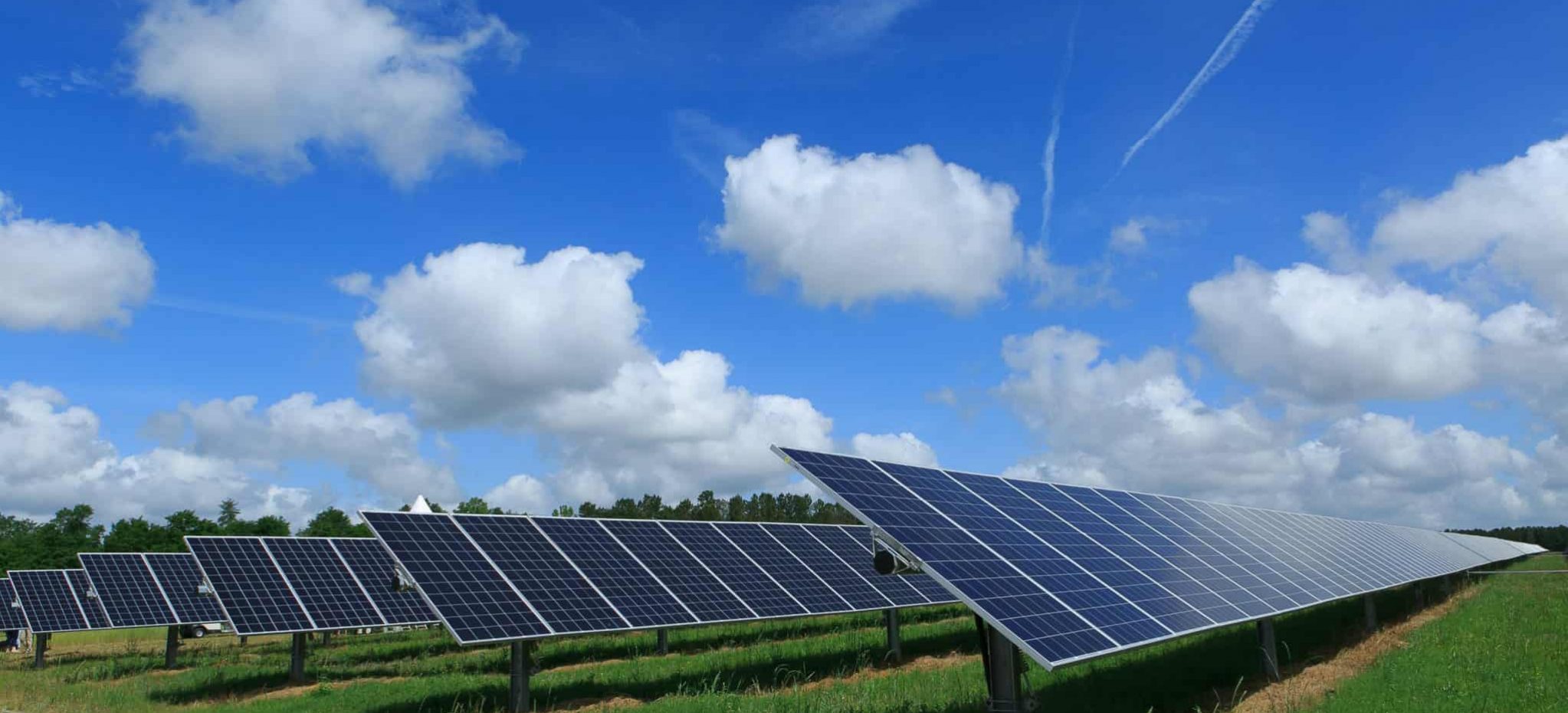Going solar is the biggest new trend. Not only is it good for the environment, but it also saves you money and increases the value of your home. However, simply switching to solar energy is not so easy, and many people have a lot of questions about the process. One such question is: do solar panels work on cloudy days?
This is probably the most common concern that those thinking about going solar have. It is, of course, a legitimate thing to wonder about. After all, it is logical to ask if something that generates power by absorbing sunlight can work when the sun is hidden.
Read on if you want to find out whether solar panels can work in cloudy weather, as well as how you can get the best out of them no matter the weather.
First, How Do Solar Panels Work?
Solar panels work by absorbing sun rays and converting them into direct current (DC) energy. An inverter placed inside the panels turns that DC energy into alternate current (AC) energy. You can then use this energy to power your home and your appliances.
The panels can transform solar energy into AC energy because they consist of countless photovoltaic cells. When sunlight hits the cells, the electrons within the panels break free and create an electric current. For the panels to be effective, sunlight must hit them as directly as possible.
So, What Happens to Solar Panels on Cloudy Days?
As you have read, solar panels do require direct sunlight to be at their most effective. However, cloudy weather does not mean that the panels will immediately stop working. It simply means that your panels will not be fully effective, or that they won’t generate as much energy. But they will work.
On cloudy days, the sun is not entirely absent, unlike during the night. It is still there, hidden by clouds. If it’s also raining, the sunlight might also be reflected by raindrops. Thus, a certain amount of sunlight will still hit your panels. Now, this amount of sunlight will not be the same as on sunny and clear days, but it will still be enough to create energy and power your home.
Rainy weather can also be good for your panels. The rain can help clean them, so the sunlight can be absorbed better. In any case, it doesn’t matter what the weather is like. Your panels are designed to absorb even the smallest amounts of sunlight. Thus, they will work no matter the weather.
Net Metering — a Life-Saver on Cloudy Days
There is a good explanation why rainy cities such as New York or San Francisco have some of the biggest solar communities in the US. That explanation is called net metering.
Net metering is an energy billing mechanism, and it allows users to use the energy their panels generate anytime they want. Basically, net metering lets you use the solar power you get during the summer whenever you need it, not only when it is generated.
With a good net metering policy, you will be able to have just as much energy on cloudy days as you do on sunny ones. Thus, it does not matter that your panels can’t be as effective in cloudy weather. You will have enough electricity regardless of the weather.
A Few Parting Words
So, do solar panels work on cloudy days? This question has a clear and simple answer: yes, they do. They might create less energy than usual, but they are fully functional, no matter the weather. With net metering, you can be sure that you will always have enough energy. Thus, going solar is a good choice, and no clouds can change that fact.
Other Solar Related Topics to Better Understand
Do Solar Panels Work at Night?
Help Finding the Best Solar Installers in Town
What to Know About Home Solar Interconnection





